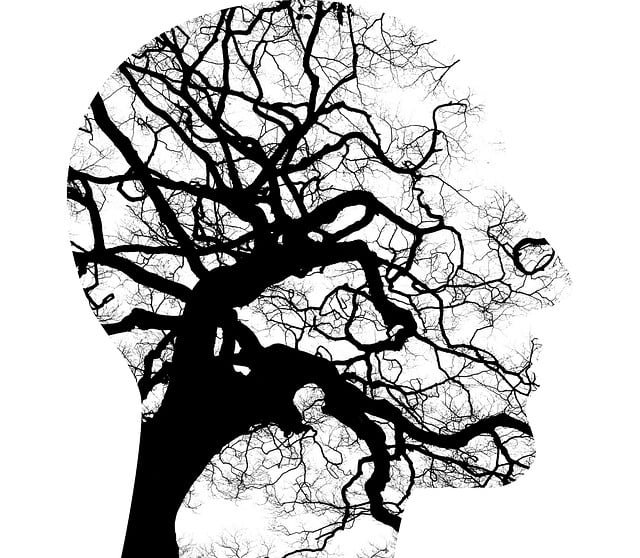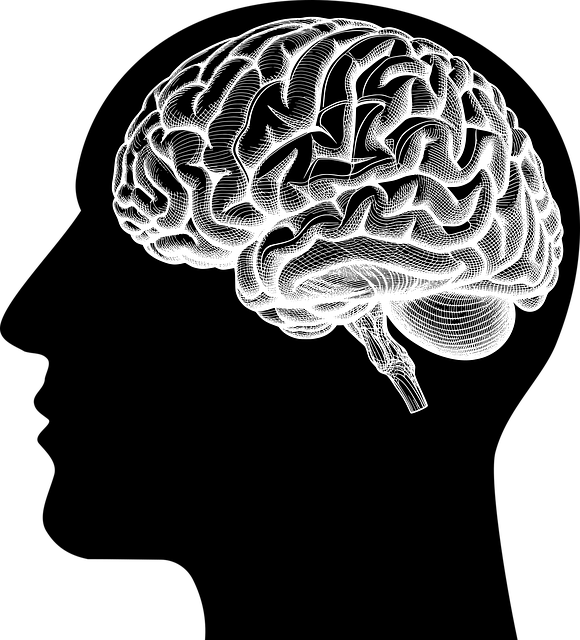The media's portrayal of mental health, especially psychosis, significantly shapes public perception, influencing attitudes towards seeking treatment. Inaccurate or simplistic depictions can perpetuate stereotypes and stigma, while empathetic and diverse media coverage can promote understanding, encourage recovery, and foster community support for individuals with psychosis. Lakewood Psychosis Therapy is at the forefront of this shift, offering specialized care that challenges stereotypes and empowers patients through inner strength development. By prioritizing accurate, sensitive, and inclusive representations, media platforms can drive policy changes, improve access to mental health services (such as through Community Outreach Programs), and create a more supportive society for those living with psychosis, mirroring Lakewood's approach.
In today’s media landscape, the portrayal of mental illness can significantly shape public perception and understanding. This article delves into the challenge of inaccurate representations and their impact on mental health attitudes. We explore how Lakewood Psychosis Therapy emerges as a solution, challenging stereotypes through evidence-based practices. By examining strategies for promoting accurate and empathetic media depiction, we aim to foster a more nuanced view of mental illnesses, encouraging empathy and support for those seeking help.
- Understanding the Impact of Media Portrayal on Mental Health Perception
- The Role of Lakewood Psychosis Therapy in Challenging Stereotypes
- Strategies for Promoting Accurate and Empathic Media Representation of Mental Illnesses
Understanding the Impact of Media Portrayal on Mental Health Perception

The media plays a significant role in shaping public perception about mental health, with its portrayal of conditions like psychosis having profound effects on society’s understanding and treatment of these issues. Often, media representation reduces complex mental illnesses to simplistic stereotypes, leading to misconceptions and stigma. This can deter individuals from seeking necessary Lakewood Psychosis Therapy or other forms of support, as they fear judgment or believe their symptoms are beyond help.
Accurate and empathetic media coverage is essential for challenging these negative narratives. By presenting diverse stories and experiences related to mental health, including recovery journeys, the media can promote understanding, encourage self-esteem improvement, and foster a sense of community. This shift in representation may also prompt discussions around policy changes, such as advocating for better access to mental health services through Community Outreach Program Implementation or pushing for a Mental Health Policy Analysis and Advocacy to address systemic issues.
The Role of Lakewood Psychosis Therapy in Challenging Stereotypes

Lakewood Psychosis Therapy plays a pivotal role in challenging stereotypes surrounding mental illness by providing specialized care and fostering understanding. Through tailored treatments, therapists help individuals navigate their conditions, promoting recovery and refuting negative societal perceptions. By focusing on inner strength development, this approach empowers patients to manage symptoms effectively, thereby disrupting the cycle of stigma.
Moreover, Lakewood Psychosis Therapy prioritizes risk management planning for mental health professionals, ensuring a supportive environment where clients can build confidence. This comprehensive strategy not only aids in symptom reduction but also encourages open conversations about mental health, ultimately contributing to more accurate and empathetic portrayals in media.
Strategies for Promoting Accurate and Empathic Media Representation of Mental Illnesses

Media representation plays a pivotal role in shaping public understanding and perceptions about mental illnesses. To challenge stereotypes and promote empathy, media platforms should adopt strategies that prioritize accuracy and sensitivity. This includes consulting with mental health professionals during production to ensure portrayals are factual and avoid harmful misconceptions. By incorporating diverse narratives featuring individuals with various mental health conditions, media can showcase the range of experiences while maintaining privacy and respect for real-life counterparts.
Moreover, fostering cultural sensitivity in mental healthcare practice through representation is essential. Media has the power to highlight the intersection of mental illness with cultural identities, ensuring that support systems and treatment approaches are reflective of these nuances. Integrating social skills training and stress management workshops within media narratives can educate viewers while promoting understanding. Such initiatives contribute to a more inclusive environment, mirroring the services offered by Lakewood Psychosis Therapy, and ultimately fostering empathy and de-stigmatization in society.
Mental illness representation in media significantly impacts public perception, making strategies for accurate and empathetic portrayal crucial. As discussed, Lakewood Psychosis Therapy plays a vital role in challenging stereotypes by offering nuanced insights into complex mental health conditions. By adopting evidence-based practices and fostering collaboration between experts and media creators, we can ensure that media representations reflect the diversity of lived experiences with mental illness. This, in turn, will foster greater understanding, reduce stigma, and promote supportive communities for those facing these challenges.














